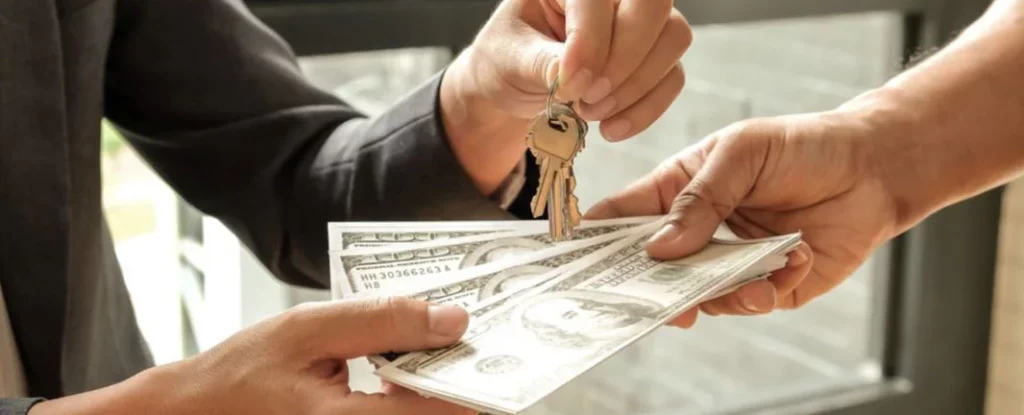There will be instances when you find a client willing to pay cash for a property. In the United States, only 23% of all property sales are cash transactions. In many cases, individuals who are purchasing for foreign clients or investment purposes are going to be paying cash. However, do you need to be concerned about cash for the sale of a property? Is there really a worry about money laundering?

As a professional in real estate, you need to be mindful of suspicious activity. It is important to know the questions you need to ask to ensure that you are actively working with legitimate clients.
Red Flags to Watch Out For
There are a number of signs that will help to point out a suspicious cash buyer. The following are some common red flags to be mindful of:
Property Values Much Different Than Market Values
In cases where the sale of the property has been inflated or is well under average market prices should be considered suspicious. Secondly, an unreliable seller will never try to negotiate for a better price.
Location of Buyer/Property
If the potential buyer lives in an area known for money laundering, you may have a potential issue. Likewise, keep an eye on properties situated in known money laundering locations. Some of the more common areas include San Francisco, Miami, and New York. All of these are hot beds of high appreciation values that are often targeted.
It is also important to keep an eye on wire transfers coming from foreign countries that have been sanctioned by the Office of Foreign Assets Control, such as Syria, Cuba, and Iran.
Any discrepancies revolving around the source of funding, location of the company or person purchasing the property, or the location of the individual being added to the title should be an alarm that further research needs to be done.
When the Property Is In the Name of a Third Party
If a situation features a third party wanting to be placed on the title for the sake of anonymity, you’ve got yourself an issue. While the essence of a shell corporation is not illegal, they are used in many situations to hide and obscure the property owner from the public eye. In fact, the vast majority of shell corporations are not even in business.
Fast Unexplained Resales of Multiple Properties
One of the key elements that attracts money launderers to the real estate market is the ability to transfer large amounts of money quickly. While this offers an excellent opportunity to “clean” their money, they generally make a handsome profit in appreciating markets. Be on the lookout for properties that are being sold rather quickly and request quick settlements with little to no explanation.
Sight Unseen Purchases
A scenario in which an individual has zero interest in seeing any property they are interested in purchasing is a major red flag. In these cases, you need to find out more information about the buyer to ensure you are working with a legitimate individual.

It is always best to walk on the side of caution when dealing with cash transactions, but remember that not all cash sales are fraudulent. In some tight markets, cash is a symbol to stand above all the other buyers in the market. In situations where settlements are generally delayed by buyers looking to finance, a cash settlement can be an attractive offer for a seller.
Questions To Ask a Cash Buyer
If you are suspicious of a cash buyer, there are several strategies you can put in place to minimize your risk.
Due Diligence Is Key.
This simply means that you have to be ready to ensure the buyer is really who they say they are and not be afraid of asking the hard questions and conducting your research.
When a company is going to make a purchase, you’ll want to look at their website to ensure all of their information is correct. Always keep in mind that companies control the information that is on their own website. So, you should try to go the extra mile and seek out additional information on independent resources.
If you have any doubts about any part of the transaction, seek out advice from a senior real estate partner.
How to Reduce the Risk
Understand the Importance of a Form 8300
Any business that receives more than $10,000 in a single transaction or multiple related transactions must file a form 8300 with the IRS. Keep in mind that bank drafts, cashier’s checks, and money orders are all considered cash and need to be reported as well.
Consider Reporting Suspicious Behavior
If you have even the slightest suspicions about how a seller is or how the purchase is being made, it is essential to file a report with the United States Treasury’s Financial Crimes Enforcement Network.






